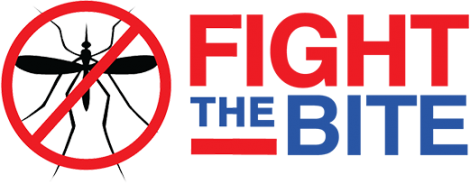As the human population or threat of mosquito-borne disease in any given area within Collier County increases, it is inevitable that there may be need for the Collier Mosquito Control District (“District”) to expand its geographical boundaries. The impetus for considering expansion of the District’s geographical boundaries may arise from the District’s Board of Commissioners, the District’s Executive Director, the community, the Florida Department of Health, the Collier County Board of County Commissioners or other governmental agencies.
Justification for considering expansion of the District’s geographical boundaries may include the following:
The unique geography, complex ecology and mandates of numerous governmental agencies managing portions of the lands within Collier County all present challenges to effective mosquito control. Expansion of the District’s geographical boundaries into historically excluded environmentally sensitive areas should be carefully considered on a case-by-case basis. The District believes that the residents it serves would directly benefit from the research and surveillance data provided from gaining access to such environmentally sensitive areas.
The District’s geographical boundaries shall be expanded or otherwise amended in compliance with Section 388.211, Florida Statutes, and any other applicable general or special laws, as they may be amended from time to time. Prior to expansion of the District’s geographical boundaries, a feasibility study shall be conducted. The scope of such feasibility study shall be designed and adjusted as deemed necessary by the District’s Executive Director to determine the viability of the proposed expansion. To the extent permitted by the applicable authorities governing the environmentally sensitive areas, any decision by the District to treat (versus merely researching and surveilling) environmentally sensitive areas must be approved by a majority of the Board of Commissioners of the District.

